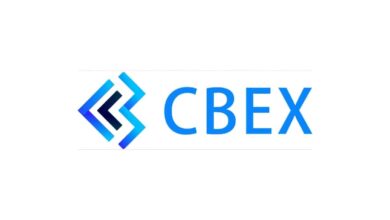FTC Bid to Break Up Meta as Zuckerberg Faces Antitrust Trial

The Federal Trade Commission (FTC) has launched a high-stakes antitrust trial against Meta Platforms Inc., specifically targeting its CEO, Mark Zuckerberg. Notably, the case commenced on April 14, 2025, in Washington, D.C., thereby drawing intense scrutiny across both legal and tech sectors.
To begin with, the FTC’s legal argument centers around Meta’s strategic acquisitions of Instagram in 2012 and WhatsApp in 2014. The agency claims these acquisitions were, in fact, part of a deliberate plan to eliminate competition and maintain Meta’s dominance.
Furthermore, core allegations suggest Meta pursued a “buy or bury” strategy. For instance, evidence includes a 2012 email from Zuckerberg implying that buying Instagram would neutralize an emerging competitor. Consequently, the FTC argues that these moves harmed innovation and reduced consumer choice.
As a result, the agency is calling for the divestiture of Instagram and WhatsApp. Their ultimate aim is to restore fair competition in the social media market by breaking up Meta’s ecosystem.
In contrast, Meta claims that all its acquisitions were legally cleared. Moreover, the company argues that today’s social media landscape is highly competitive, referencing TikTok, YouTube, and X as strong contenders.
Zuckerberg, in a seven-hour testimony, pushed back against the FTC’s market definition. He noted that only 20% of Facebook’s content comes from friends, arguing that the platform is now more of a content discovery tool than a social network.
Meta’s legal team utilized animated visual aids during opening statements. These graphics depicted the competitive market and reinforced the argument that Meta is not a monopoly.
The trial will continue for approximately eight weeks. Key figures expected to testify include Sheryl Sandberg, Meta’s former COO, and Adam Mosseri, head of Instagram.
Analysts note that a ruling against Meta could lead to a forced divestiture of Instagram and WhatsApp. Such a move would reshape the structure of the social media industry.
Furthermore, Legal scholars see this trial as a litmus test for modern antitrust enforcement. A ruling in favor of the FTC could redefine how U.S. law addresses market dominance in the tech sector.
This case may establish precedent in the digital economy. If successful, it will empower regulators to act more aggressively against perceived anti-competitive practices.
The implications stretch far beyond Meta. Other tech giants, including Amazon, Google, and Apple, are monitoring the trial closely.
Consequentially, for the FTC, a win would signal the agency’s readiness to enforce antitrust laws aggressively. For Meta, a loss could mean a significant operational shift and loss of strategic assets.
The trial’s outcome is uncertain. But one thing is clear: the verdict will set the tone for future regulatory action in the tech industry.
This case underscores growing governmental scrutiny over Big Tech’s influence and market control. Regardless of the outcome, the trial will be a pivotal moment in antitrust jurisprudence.
Read More: Diaspora Lens




